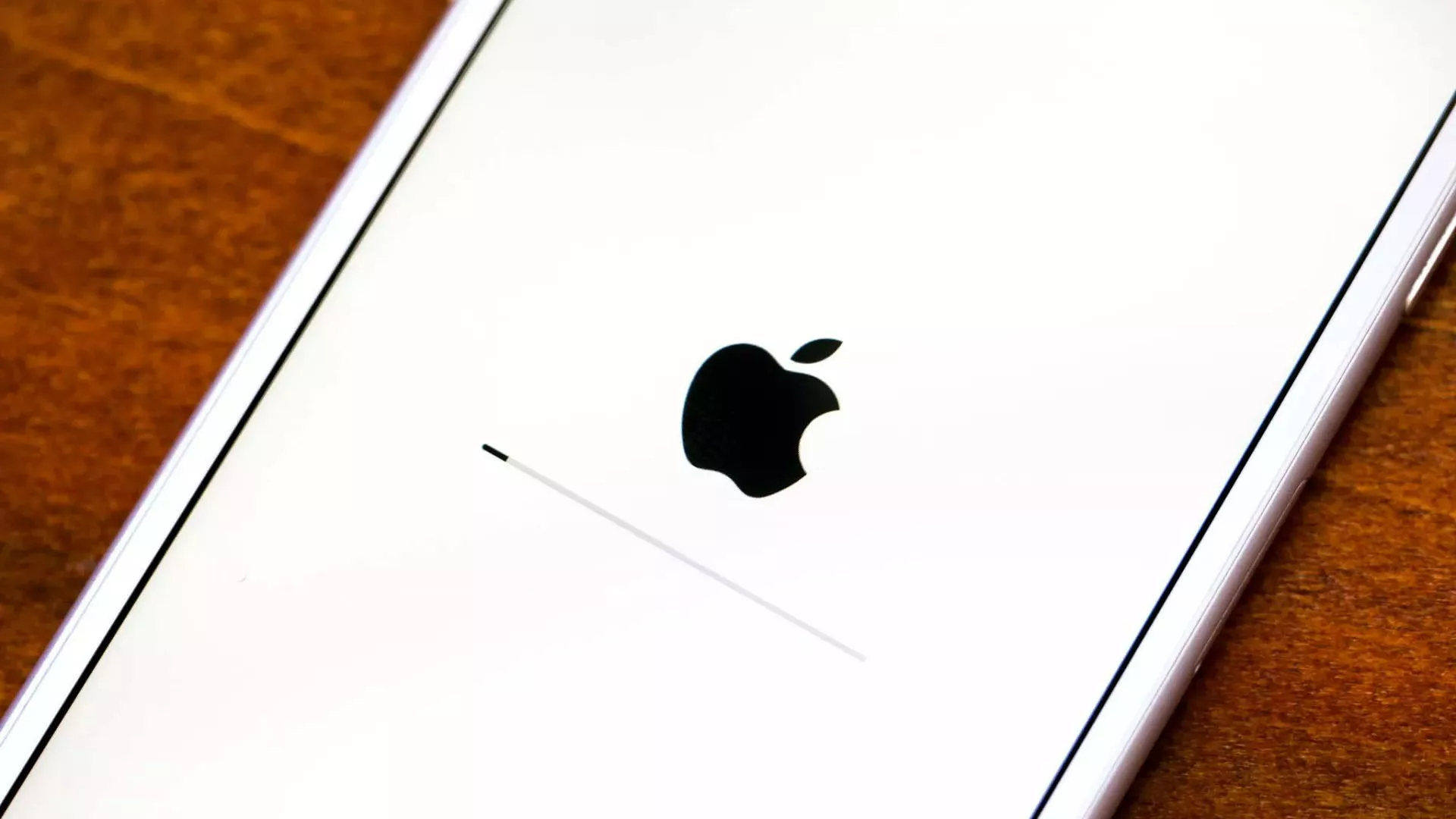
Apple has released four new software updates designed to help make older devices more secure following a pair of exploits that are said to have been used in the wild.
The updates, which followed similar ones for more modern devices including the iPhone 14 and the latest M2 MacBook Air, are built with something much more classic in mind. The iPhone 6s is the oldest phone supported by the iOS 15.7.5 update. MacBooks all the way back to 2013 get the macOS Big Sur and macOS Monterey releases as well.
It's of course vitally important for Apple to make sure that its latest and greatest hardware is all up to code. But it's arguably true that the oldest device in use today could also be the most important to update.
New updates for old phones
Whether you're using the best iPhone you can buy today or are holding onto that iPhone 6s like your life depends on it, you need to be confident that you're using software that is as safe and secure as possible. This round of software updates ensures that's possible.
We don't need to look very far to see phones that don't get the same level of love and care from their software provider, and while Google and Android have gotten better over the years they still have a ways to go. The iPhone 6s went on sale on September 25, 2015. That means that it's coming up to eight years old.
How many eight-year-old Android phones are still getting security updates?
It's vitally important that phones of that age remain secure. They're often used by people who are less likely to follow good technology hygiene which could make them the most susceptible to falling foul of security flaws in the first place.
Your iPhone 14 Pro might be all up to date and secure, but is your grandparent's almost decade-old Android phone? Probably not. But an iPhone 6s? You betcha.
And these updates are important ones as well. Apple says that an "IOSurfaceAccelerator" flaw could leave an app able to run code with kernel privileges, which is bad. A WebKit bug also means that "maliciously crafted web content may lead to arbitrary code execution." That's also bad.
Both are fixed in iOS 15.7.5 and iPadOS 15.7.5.
Macs aren't left out
It's a similar story on the Mac. The macOS Monterey and macOS Big Sur updates are both compatible with MacBooks that go all the way back to 2013 which is, according to my calendar, a whole ten years ago. The iMac from 2014 is covered as well. None of those machines support macOS Ventura, so they'd be left defenseless if it wasn't for macOS Monterey 12.6.5 and macOS Big Sur 11.7.6.
Apple says the two updates deal with the same IOSurfaceAccelerator issue as those iOS and iPadOS updates, but there's no mention of a WebKit issue. That's because Apple already released a standalone Safari update that fixes the WebKit issue on the Mac. Because of course it did.
The Apple silicon security conundrum
Apple maintaining security updates for at least a decade could become more important than ever thanks to Apple silicon.
That might sound strange, but bear with me on this.
With Apple silicon being such a huge boost for Mac performance it's entirely possible that people will hold onto their machines for even longer than they already do. And that's bad for security.
People have often justified the Mac's relatively high price because they keep their machines for longer than they might a Windows PC. But imagine a world where those Macs stay performant for even longer. Where an older Mac doesn't need to be replaced because it's beyond its best. All because Apple silicon is so darned capable.
In that case, Apple's insistence on shipping security updates for so long will be huge, and it's something that should be lauded more than it is. Especially when the company is so often accused of "planned obsolescence" and such.
In reality, it couldn't be further from the truth.







